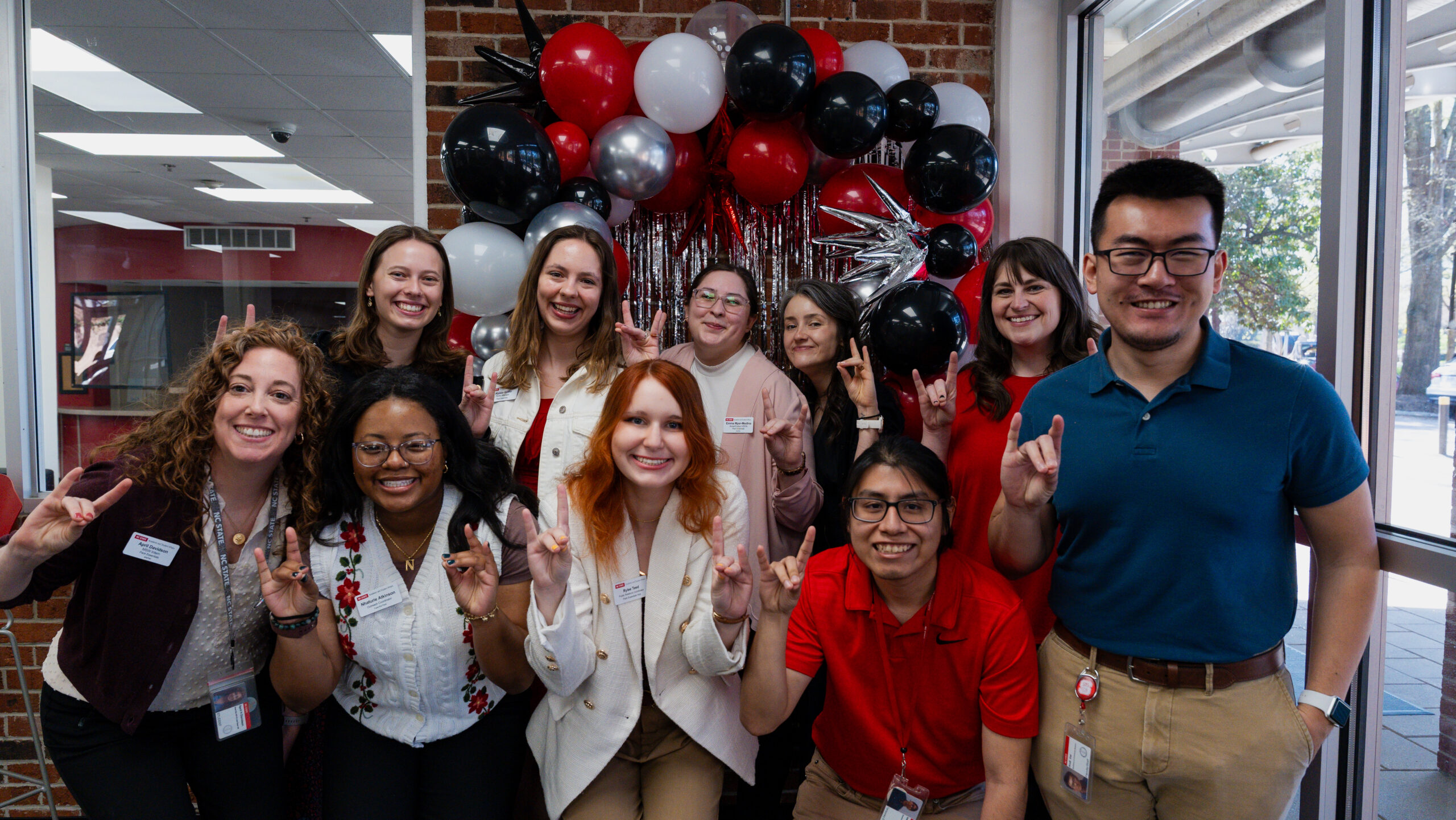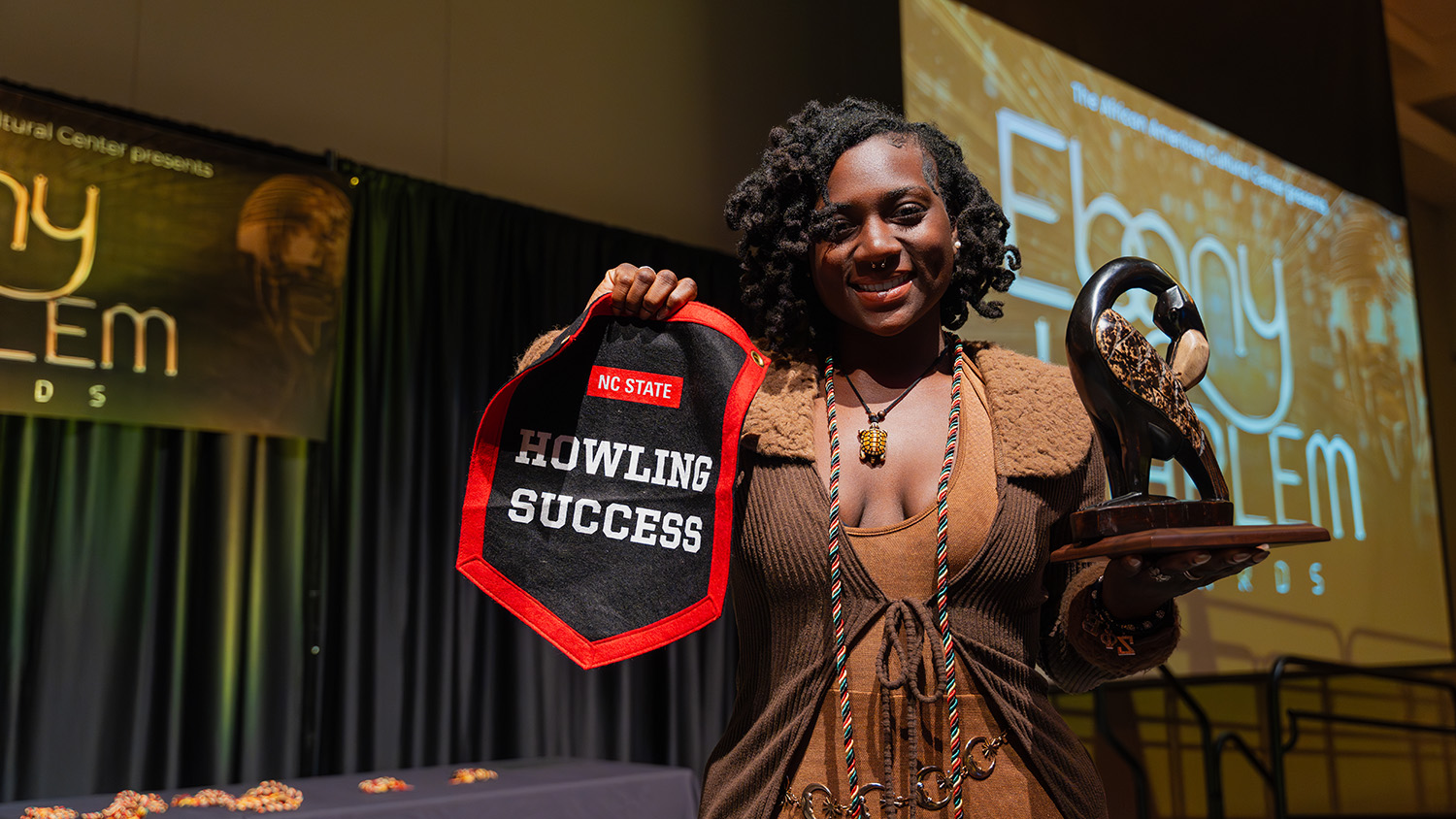Making Halloween an Inclusive Experience for All
Halloween is quickly approaching and this year it coincides with all of the festivities surrounding Homecoming and the big game against Clemson on Saturday. Many of us have had our costumes planned for weeks and a lot of us will be throwing something together last minute. Let’s take a few moments to review some tips to have an inclusive and welcoming Halloween and Homecoming.
Making sensitive costume choices
We are lucky to have some of the most creative students around. Innovative ideas are cranked out on a daily basis at NC State and Halloween should be a time to harness that creativity and display it for the world to see. However, while we’re celebrating everything ghoulish and pumpkin-spice-latte’d, it’s important to be thoughtful of our costume choices and how those choices may affect other members of the Wolfpack family.
Here are a few questions to ask yourself before donning that costume for the big day:
- Could your costume be viewed as culturally, ethnically, or racially based? If so, then it is probably racist. By now, hopefully we all know that “blackface” is not an appropriate costume (if not, now you do). But you may be thinking that because a store sells a “Hey Amigo Mexican”, “Native American”, or this “Tighty Whitey Rapper” costume then it must be OK. Well, not exactly. Even if your intention is to be funny or ironic, using someone else’s cultural identity for a day to play make-believe is actually mocking their appearance and traditions. Ask yourself, would you wear the costume in front of people from that group? If not, then don’t do it.
- Would your only defense of a costume be “Relax, it’s just a costume”? What you’re really saying is, “…I don’t care that much about the implications of this costume, because those implications don’t affect me.” Connie Wang, Refinery29.
- Why is your costume sexy or funny? If your costume derives its humor or “sexiness” from someone’s culture, race, or ethnicity then don’t wear it. Attempting humor by dressing in a group’s stereotypical cultural identity isn’t funny, it’s offensive. Don’t use what makes someone else unique to bring laughter or to make yourself feel more “exotic”.
- Would you want to see a picture of yourself in your costume all over the Internet? Sometimes, the best test for a costume is the embarrassment test. Whether you like it or not, a picture of you in your costume will end up on the Internet, whether it’s on Facebook, Instagram, Twitter or the news media. Be warned: If you end up in the news, it probably won’t be because you’ve won a costume contest at a bar downtown.
Use this helpful infographic flowchart to find out if your costume is offensive, racist, or harmless.
Choosing inclusive party themes
Often, our costumes are planned around a specific theme or party we might be attending. Here are a few tips to help create an inclusive environment that is welcoming to all:
- Create a theme that is in alignment with the values and goals of your club or organization.
- Thoughtfully review your theme to think about ways your party could be interpreted or misinterpreted by your family, peers, university officials, and the media.
- Don’t host themed parties that represent a culture, race, or ethnicity unless that culture, race, or ethnicity identification is directly related to your organization’s mission.
- Don’t choose themes that have the potential to tokenize or perpetuate stereotypes against a group of people.
- If you or your organization would be ashamed or embarrassed if a staff, faculty, or family member knew of the event or if it was published in the press, choose something else!
- Categories:


